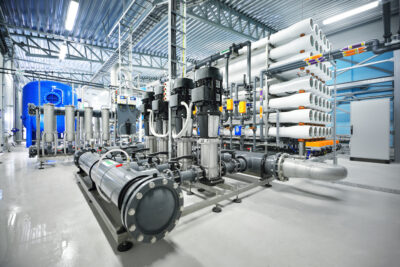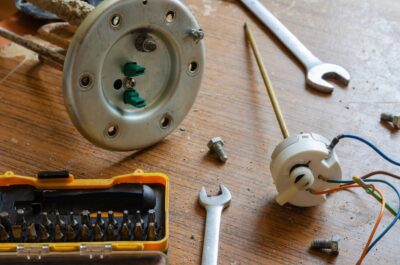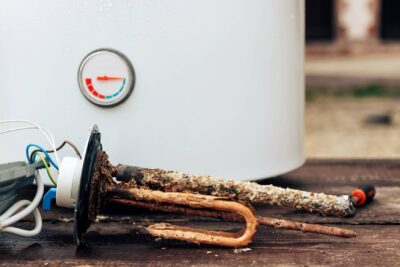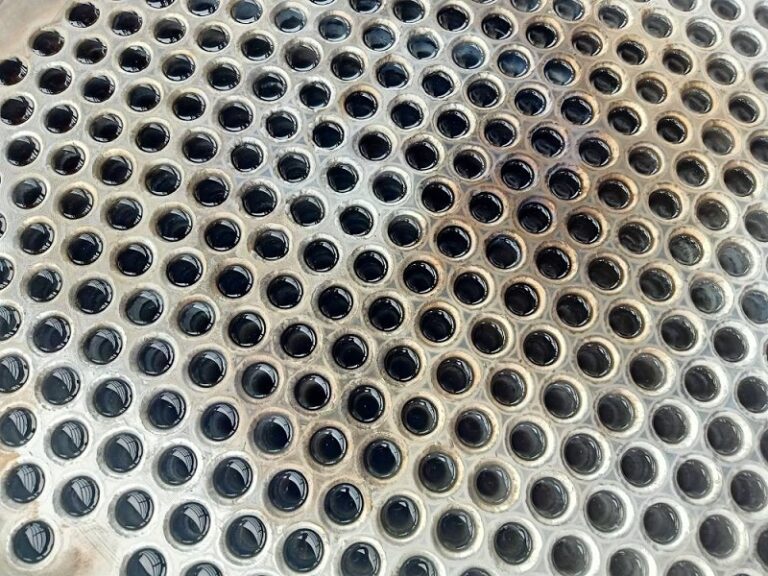Comprehensive Guide to Heat Exchanger Cleaning Solutions
Heat exchangers are essential components in various industrial systems and HVAC applications, playing a crucial role in transferring heat between different fluids. To maintain their efficiency and prolong their service life, regular maintenance and cleaning are vital. Heat exchanger cleaning solutions are specifically formulated to address the buildup of scale, fouling, and other contaminants. This article explores the types of cleaning solutions available, their applications, and best practices for using them effectively.
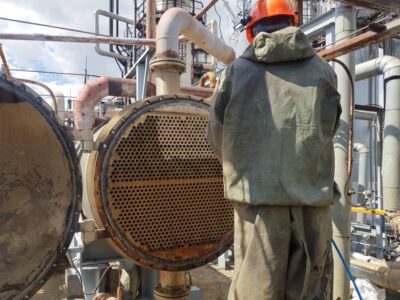
1. The Importance of Cleaning Heat Exchangers
Heat exchangers function by transferring thermal energy between two fluids, typically involving one hot and one cold fluid. Over time, these devices can accumulate deposits, such as scale, sludge, or biological growth, which can severely impact their efficiency. Fouling can lead to reduced heat transfer, increased energy consumption, and potential damage to the equipment. Regular cleaning is therefore essential to ensure optimal performance and prevent costly downtime.
2. Types of Heat Exchanger Cleaning Solutions
There are several types of cleaning solutions used for heat exchangers, each tailored to address specific types of fouling and contamination. The main categories include:
- Chemical Cleaning Solutions
- Acidic Cleaners: Acid-based cleaners, such as hydrochloric acid or phosphoric acid, are effective in removing scale and mineral deposits. These acids dissolve inorganic materials like calcium carbonate, which are common in water-cooled systems.
- Alkaline Cleaners: Alkaline solutions are used to tackle organic fouling, such as oils, greases, and proteins. Sodium hydroxide (lye) and potassium hydroxide are common alkaline substances that break down organic residues and facilitate their removal.
- Chelating Agents: Chelating agents, such as EDTA (ethylenediaminetetraacetic acid), bind with metal ions to help dissolve and remove scale deposits. They are particularly useful in systems with significant calcium and magnesium buildup.
- Biodegradable and Environmentally Friendly Cleaners
With increasing environmental regulations and concerns, biodegradable and eco-friendly cleaning solutions have gained popularity. These products use natural or less harmful chemicals to achieve effective cleaning while minimizing environmental impact. Examples include citric acid and enzyme-based cleaners.
Specialty Cleaners
Certain applications require specialized cleaners, such as those designed for cleaning specific types of fouling or materials. For instance, foam cleaners or ultrasonic cleaning solutions might be used for delicate heat exchangers or those with intricate designs.
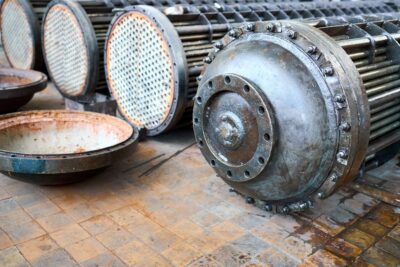
3. Application Methods
The effectiveness of a cleaning solution depends not only on its chemical properties but also on how it is applied. Common methods include:
- Manual Cleaning: Involves physically scrubbing the heat exchanger surfaces with brushes or pads. This method is labor-intensive and typically used for smaller or accessible units.
- Circulation Cleaning: A cleaning solution is circulated through the heat exchanger using a pump. This method ensures that the solution reaches all parts of the exchanger, making it suitable for larger or more complex systems.
- Soaking: The heat exchanger is submerged in a cleaning solution for a specified period. This method is effective for thorough cleaning but may require disassembling the unit.
- Ultrasonic Cleaning: Utilizes high-frequency sound waves to create cavitation bubbles in the cleaning solution, which helps dislodge contaminants. This method is ideal for delicate or small-scale heat exchangers.
4. Safety Considerations
Handling cleaning solutions requires careful attention to safety due to the potentially hazardous nature of the chemicals involved. Key safety practices include:
- Personal Protective Equipment (PPE): Always wear appropriate PPE, such as gloves, goggles, and protective clothing, when handling chemicals.
- Ventilation: Ensure adequate ventilation in the cleaning area to prevent the buildup of harmful fumes.
- Proper Storage: Store cleaning solutions according to the manufacturer’s instructions, and keep them away from incompatible substances.
- Disposal: Follow local regulations for the disposal of used cleaning solutions to minimize environmental impact.
5. Best Practices for Effective Cleaning
To achieve optimal results when using heat exchanger cleaning solutions, consider the following best practices:
- Identify the Type of Fouling: Choose a cleaning solution that matches the nature of the deposits and contaminants.
- Follow Manufacturer Instructions: Adhere to the recommended concentrations, contact times, and temperatures specified by the cleaning solution manufacturer.
- Perform Regular Maintenance: Establish a routine cleaning schedule based on the operational conditions and fouling tendencies of your heat exchanger.
- Monitor Performance: After cleaning, assess the performance of the heat exchanger to ensure that the cleaning process was effective and no issues remain.

Conclusion
Heat exchanger cleaning solutions are crucial for maintaining the efficiency and longevity of heat exchangers. By selecting the appropriate cleaning agents and employing effective cleaning methods, facilities can ensure that their heat exchangers operate at peak performance, reducing energy consumption and minimizing downtime. Adhering to safety protocols and best practices will further enhance the effectiveness of the cleaning process and contribute to the overall reliability of industrial systems.

